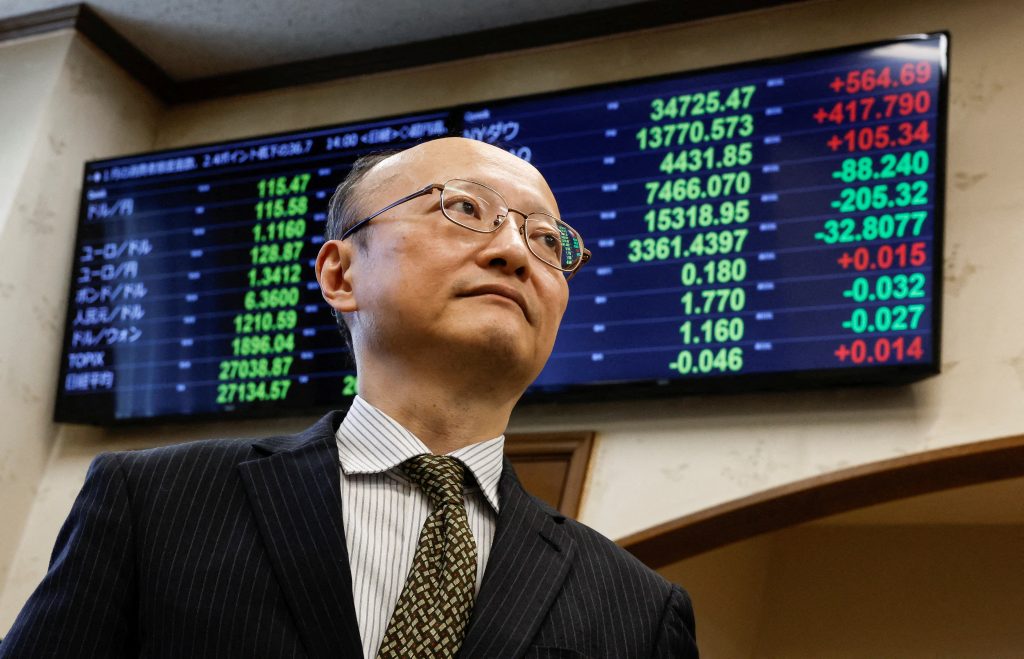
In the three months leading up to the end of June, Japan’s economy expanded significantly more quickly than forecast as the country’s weak currency boosted exports.
The third-largest economy in the world saw its Gross Domestic Product (GDP) increase by an annualized 6% during that time.
The biggest increase in nearly three years, it is roughly twice the rate of growth predicted by economists.
Exporters benefited from the yen’s decline in value as consumers around the world were able to purchase Japanese goods at lower prices.
The value of the yen has dropped significantly this year when compared to the US dollar and other major currencies in recent months.
Martin Schulz, chief economist at Fujitsu, told the media that “the weak yen is behind the positive GDP numbers”.
One of the most vital metrics for evaluating how well or poorly an economy is performing is GDP. It aids in determining when businesses should grow and hire more personnel, and it enables the government to determine how much to tax and spend.
In recent months, increased export demand has helped boost profits at the nation’s automakers, including Toyota, Honda, and Nissan.

While a country’s imports are more expensive due to a weak currency, prices of commodities like oil and gas have decreased recently on international markets.
As a result, the value of imports has decreased by 4.3% from the previous quarter, which Nobuko Kobayashi of EY called “a major culprit for GDP growth”.
After the government removed border restrictions at the end of April, there has been an increase in tourists, which has benefited Japan’s economy.
Source-BBC





